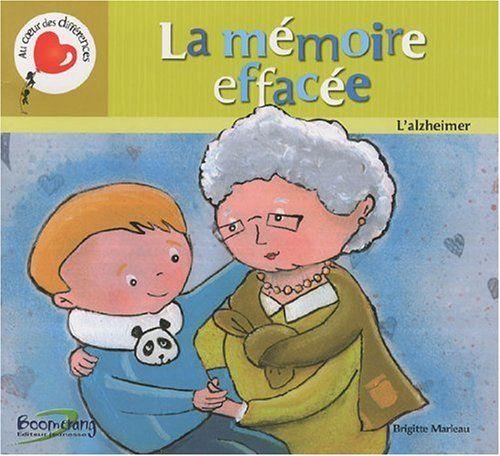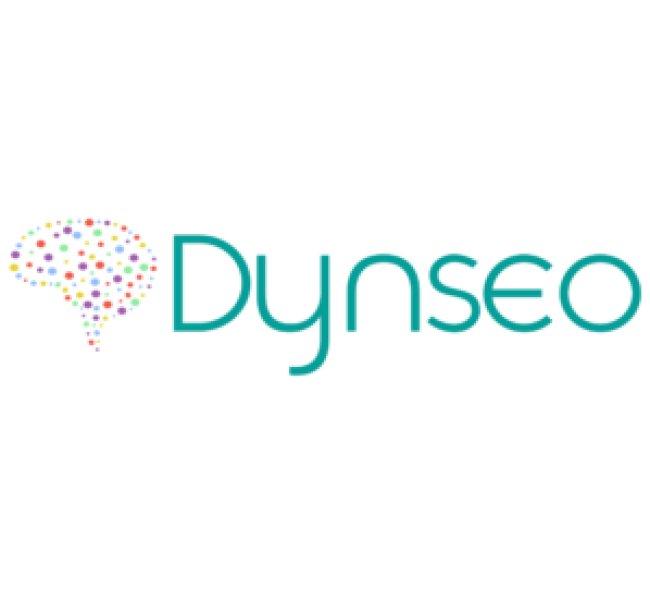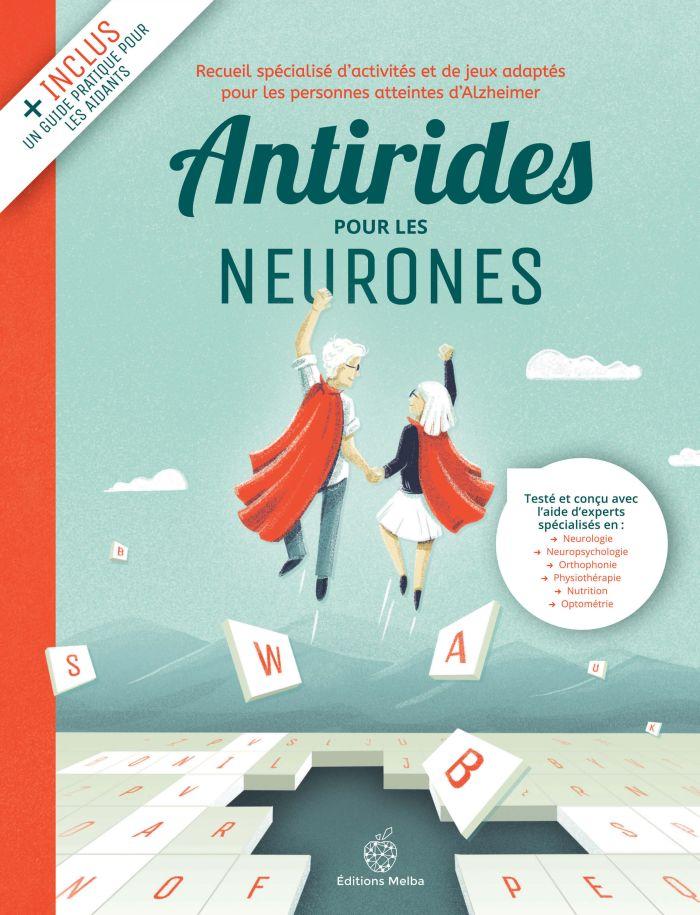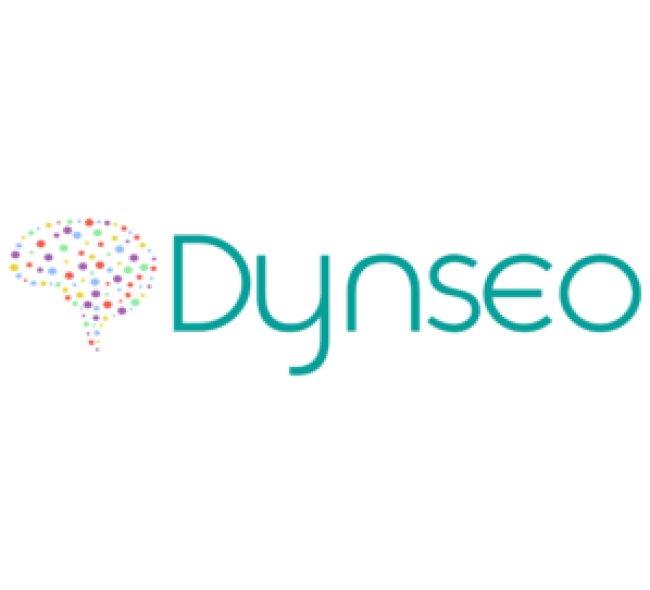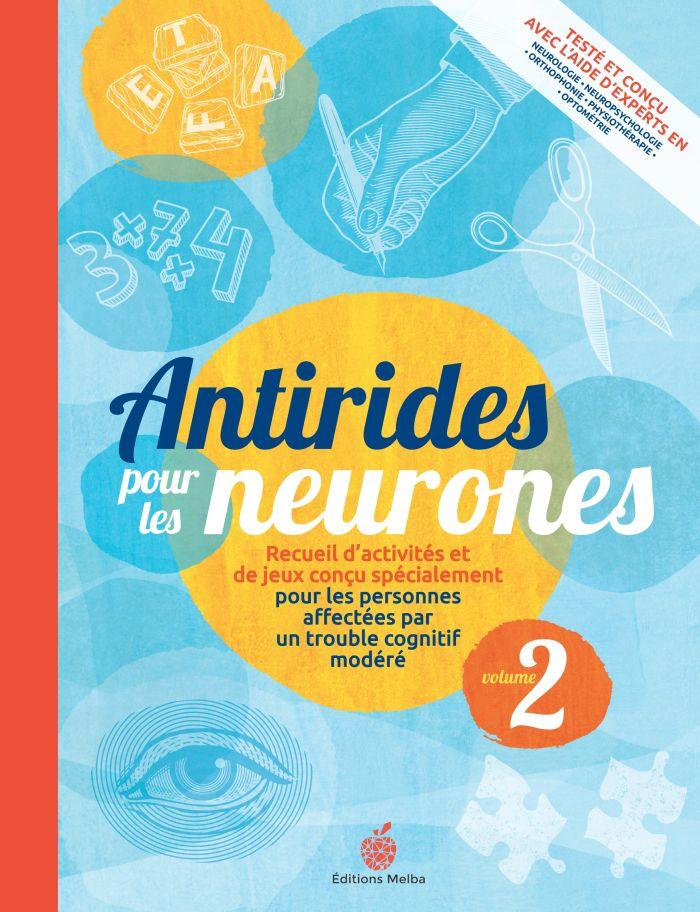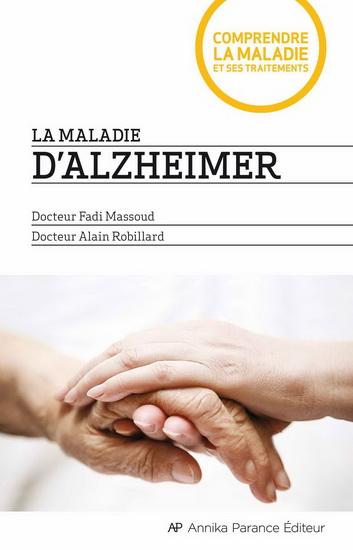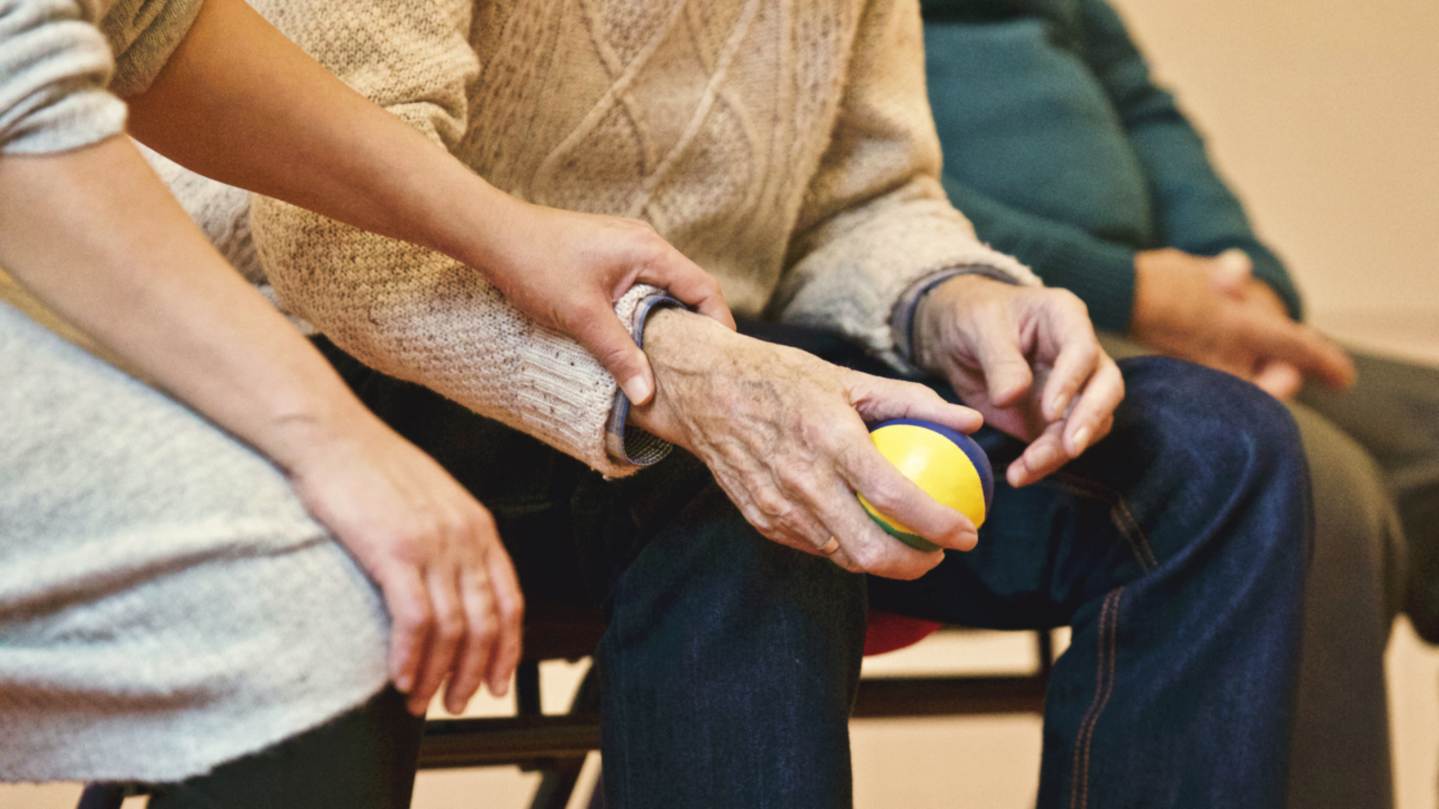
How to Deal with the Challenges of Behavioral and Psychological Symptoms of Dementia (BPSD)
If your loved one has dementia and has been acting out of character lately, maybe he or she is experiencing something referred to as Behavioral and Psychological Symptoms of Dementia (BPSD). These challenging behaviors are common in dementia and can include: apathy (severe and persistent indifference), agitation, aggressiveness, anxiety and depression, vocalizations, delusions, or hallucinations.
Caring for someone with BPSDs can be overwhelming. It’s no surprise that BPSDs are one of the main reasons for moving into institutionalized care when affected by dementia. But if caregivers are better able to manage these challenging behaviors, this can ease their burden and may delay institutionalization.
To help you manage these behaviors, here are some strategies to address BPSDs when they arise. You can try to:
1. Look for a source of physical discomfort
Your loved one’s ability to communicate may be impaired by dementia. Occasionally, BPSDs are a sign of physical discomfort (pain, constipation, other sources). By finding what is behind them, you may improve BPSDs.
2. Check if there was a recent change in medication
Older adults are particularly prone to side effects of medication and can react strongly to a change in drug regimen. A new medication or an error in posology could be the cause of a BPSD.
3. Create and maintain a secure and familiar environment
When affected by dementia, making sense of the environment can become difficult. Something that is non-threatening could appear to be. If your loved one feels threatened or insecure, he or she might misinterpret what is happening around them. Creating a safe environment is key. Also ensure that corrective glasses and hearing aids are worn and properly adjust
4. Develop routines
It’s easy to feel overwhelmed when our brain plays tricks on us. Regular routines and a predictable day-to-day schedule will help to create a greater sense of control and reduce BPSDs. Making mornings, meals, activities, and sleep patterns predictable for your loved one will help reduce the BPSDs. Avoid any sudden changes as much as possible.
5. Use dementia-friendly communication techniques
Dementia-friendly communication will boost your loved one’s ability to understand you and reduce misunderstandings. Here are some effective strategies:
- Validate your loved one’s feelings, but without necessarily confirming or reinforcing false beliefs
- Maintain eye-contact and comfort your loved one by what you say as much as by the tone of your voice
- Avoid scolding, threatening, or finger-pointing at your loved one
- Do not directly contradict your loved one
6. Distract and redirect attention to an activity that is usually pleasant
To avoid contradicting or upsetting your loved one, a good tip is to redirect their attention to something that is less distressing to him or her.
There are no miracle recipes to find activities that work, but a good place to start is the activities that your loved one used to appreciate. In medical research, activities such as music listening, exercise (walking), massage, and zootherapy have shown some promise. You don’t have to wait for BPSDs to arise before including these activities and others in your loved one’s daily life.
Some medication can also help you and your loved one when faced with BPSDs. It is necessary to discuss this option with your loved one’s doctor if you believe it could be helpful.
With BPSDs, no single strategy works for everyone, every time. Each person is unique, whether they have dementia or not. With time and trial and error, you’ll become an expert at figuring out the best strategies for each circumstance — bearing in mind that these may change as dementia evolves. Dealing with BPSDs is a real challenge, but trust yourself because it’s a challenge that you, as a caregiver, can often overcome.


